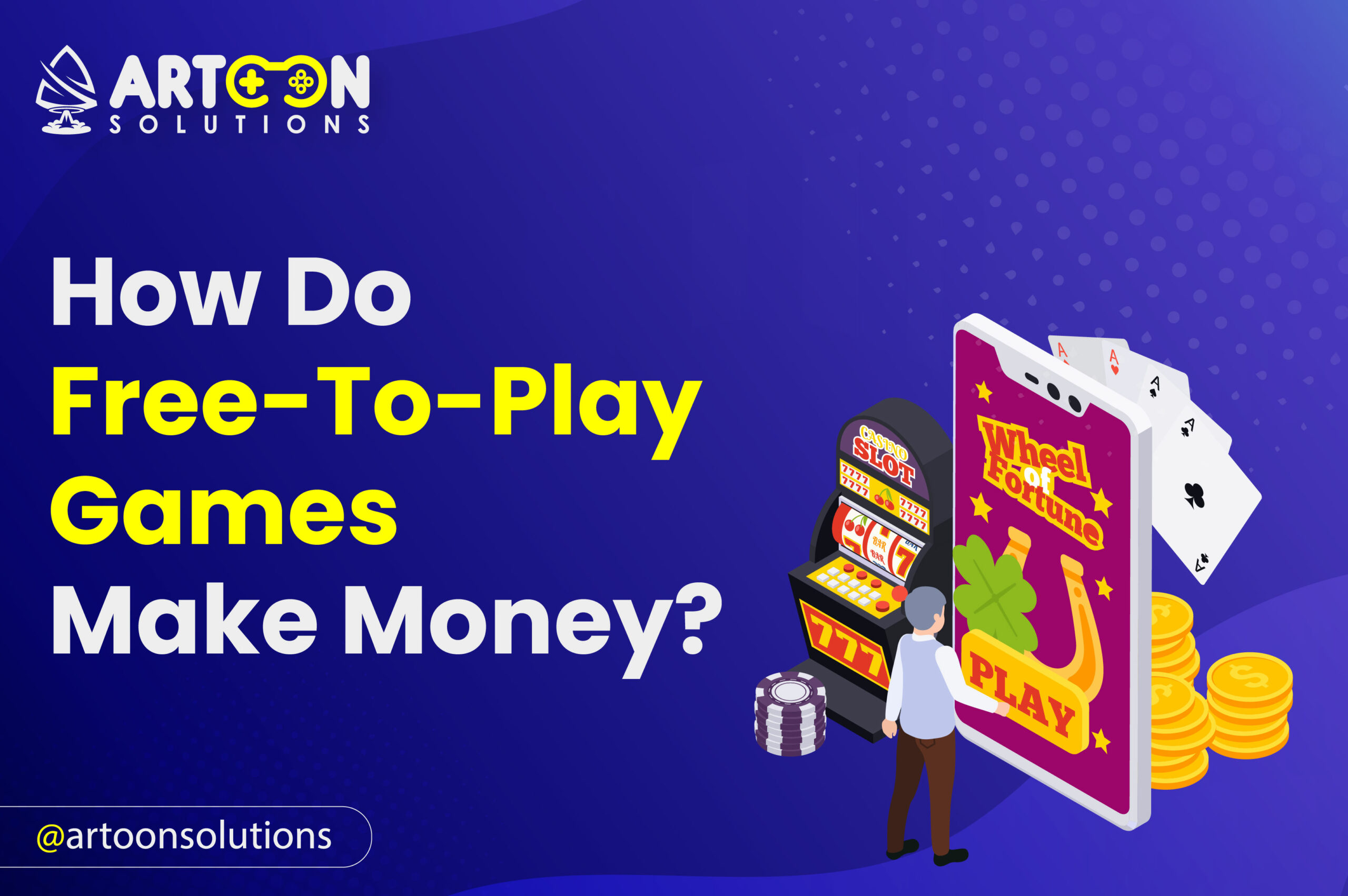How Rewarded Gaming Portals Are Helping Gamers Turn Play into Profit
How Rewarded Gaming Portals Are Helping Gamers Turn Play into Profit
Blog Article
Exactly How Play-to-Earn Gamings Are Reinventing the Pc Gaming Industry

Comprehending Play-to-Earn Mechanics
The play-to-earn design has emerged as a cutting edge idea within the gaming sector, fundamentally modifying the connection in between gamers and the video games they involve with. This version makes it possible for gamers to earn concrete incentives, frequently in the type of cryptocurrencies or non-fungible tokens (NFTs), with their in-game tasks. Unlike typical gaming frameworks that generally monetize with membership fees or single acquisitions, play-to-earn games incentivize gamer engagement by directly connecting gameplay accomplishments to real-world worth.
At the core of play-to-earn mechanics is the integration of blockchain technology, which guarantees transparency and conclusive possession of in-game assets. Players can get, market, or trade these possessions in decentralized markets, equipping them with economic firm previously hidden in traditional gaming environments. Each gamer's contribution to the video game environment-- be it through competent play, critical trading, or community participation-- boosts the overall gaming experience while giving them an opportunity to create income.
As gamers invest time and sources, they not just deepen their involvement with the video game yet additionally promote a vibrant economy that mirrors their collective initiatives (play and earn rewards). This change of gameplay right into a monetizable endeavor is improving both player inspiration and game design
Financial Impact on Gamers

In addition, play-to-earn versions equalize access to financial benefits. Players from varying socio-economic histories can get involved and possibly make significant revenue, connecting spaces that exist in traditional job markets. This paradigm change cultivates economic freedom, especially in regions where employment possibility might be limited.
In addition, the introduction of virtual economies allows gamers to develop wealth through calculated investments in in-game assets, which can value over time. This has actually resulted in the development of a new course of gamers that come close to play-to-earn as a major income-generating task, frequently resulting in the reinvestment of profits into the video gaming ecological community itself. Inevitably, the financial influence on players is profound, as they navigate a landscape where leisure and livelihood merge.
The Duty of Blockchain Modern Technology
What makes blockchain modern technology a foundation of play-to-earn video games is its ability to give openness, safety, and decentralization. By making use of a dispersed ledger system, blockchain makes sure that all transactions within the video game are taped official site in an immutable way, permitting players to verify ownership of in-game assets without counting on a central authority. This openness fosters count on amongst players, as they can independently validate the shortage and provenance of electronic things, enhancing their value.
Furthermore, blockchain modern technology encourages players through decentralization, enabling them to engage in peer-to-peer transactions. Gamers are no more constrained to in-game economic situations managed by designers; instead, they can trade, sell, or lease their possessions easily in open industries. This change not only raises the total liquidity of electronic possessions but likewise urges more significant gamer interaction, as individuals can directly benefit from their time and effort invested in the game.
Furthermore, blockchain helps with the development of wise contracts, which automate various in-game processes, from incentives distribution to administration systems. play and earn rewards. This technology reduces the risk of scams and ensures justice, additional strengthening blockchain's indispensable function in the development of play-to-earn pc gaming
Difficulties and Criticisms
Often, play-to-earn games face significant obstacles and objections that can impede their growth and approval within the wider video gaming community. One primary worry is the potential for a speculative bubble, where the value of in-game properties can change significantly, leading to economic losses for players. This volatility threatens the security that typical pc gaming settings normally provide.
Moreover, the integration of blockchain innovation commonly questions regarding ecological sustainability. The power consumption connected with certain blockchain networks has actually stimulated arguments relating to the ecological influence of these video games. Doubters say that the carbon footprint generated by play-to-earn systems can prevent eco-conscious gamers.
Furthermore, there are issues regarding accessibility and inclusivity. Numerous play-to-earn video games require gamers to spend substantial upfront resources to get essential possessions, developing obstacles for those with restricted economic sources. This design can inadvertently develop a divide in between wealthier players and those who can not pay for to participate.
Future Patterns in Video Gaming
As the gaming sector remains to progress, several future patterns are arising that pledge to improve the landscape of play-to-earn games and past. Bonuses One considerable fad is the enhancing assimilation of blockchain innovation, which improves transparency and safety in deals. This will likely lead to greater trust fund among gamers, encouraging bigger adoption of play-to-earn versions.
In addition, the increase of non-fungible tokens (NFTs) is readied to revolutionize electronic possession, allowing gamers to truly have in-game assets. This shift will certainly not just empower players however likewise create new economic opportunities within the digital ecological community. The convergence of video gaming with various other industries, such as social media and decentralized money view (DeFi), is anticipated to cultivate cutting-edge gameplay technicians and money making approaches.
Moreover, advancements in artificial intelligence and device knowing will allow much more personalized video gaming experiences, accommodating specific gamer choices and boosting interaction. The growing emphasis on community-driven advancement will likely influence game design, as players significantly get involved in forming their gaming environments. Collectively, these fads show a transformative future for the gaming industry, where play-to-earn designs will play a central duty in redefining gamer interaction and worth production.
Final Thought
In conclusion, play-to-earn games stand for a substantial change in the pc gaming industry, cultivating economic chances through cutting-edge mechanics that leverage blockchain modern technology. This model not only democratizes accessibility to financial advantages for players from various socio-economic backgrounds but also encourages community interaction and empowerment. Regardless of encountering criticisms and obstacles, the capacity for future developments suggests that play-to-earn games will remain to shape the gaming landscape, supplying new methods for riches production and player participation.
The development of play-to-earn video games stands for a significant change in the pc gaming market, improving the connection in between players and the digital economic climate (play and earn rewards).The play-to-earn design has actually arised as a cutting edge principle within the video gaming market, fundamentally modifying the connection between gamers and the games they involve with. Unlike standard pc gaming frameworks that typically generate income from through subscription costs or one-time purchases, play-to-earn games incentivize gamer participation by straight linking gameplay achievements to real-world worth
These ingenious video gaming systems empower players to generate real-world revenue through their in-game tasks, thus changing the traditional idea of gaming from a mere leisure activity right into a sensible economic opportunity. In spite of encountering objections and obstacles, the potential for future advancements suggests that play-to-earn video games will proceed to shape the video gaming landscape, offering brand-new avenues for riches development and player participation.
Report this page